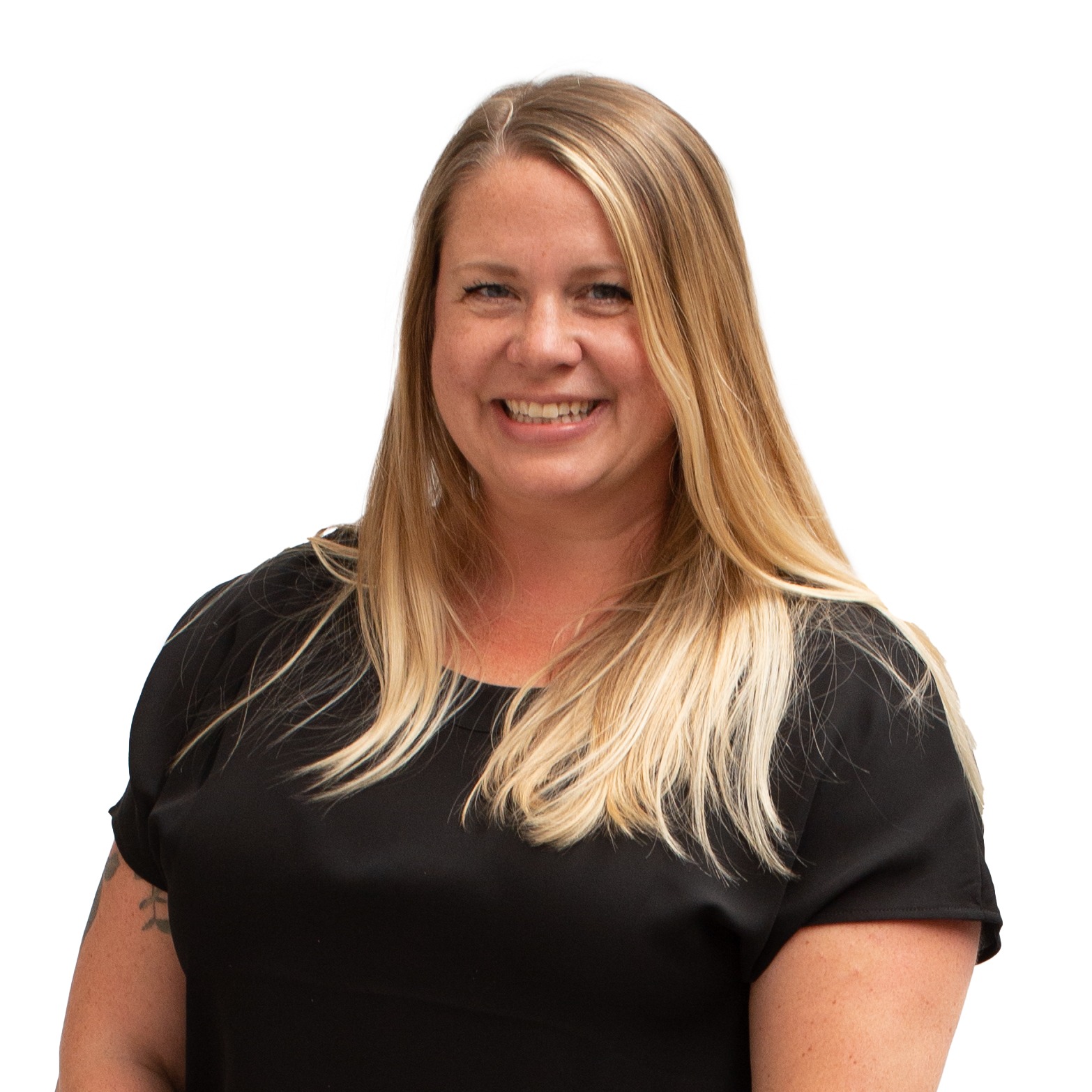A consultation with a surgeon is the first step in the surgical journey for patients. Dr. Nancy Panko, General Surgeon and Medical Director of Pullman Surgical Associates, conducts surgical consults on a daily basis. She provides a guide for patients on what to expect during a surgery consultation, what to bring, and how to set yourself up for success during the surgical process.
Does a surgery consultation always result in a patient being determined they’re ready for surgery?
It’s important to manage expectations by knowing that a surgery consultation does not always result in scheduling a surgery. A consultation is an opportunity for the patient and the surgeon to meet in the clinic and discuss their health issue in detail. “Sometimes that results in my recommendation for surgery, and I try to walk the patient through what to expect before, during and after their operation. Sometimes their health issue is something we can better address with non-surgical means, and we discuss what steps to take and signs that their issue is progressing and may require different interventions,” says Dr. Panko.
Walking away from a surgical consultation without plans to have surgery is not a bad thing, it just means that surgery is not the best option available to treat the health issue.
If a patient is determined not qualified/ready for surgery, are they given next steps?
In short, yes. “I like to follow my patients to see if they are improving with non-surgical management, so I usually will schedule a follow-up appointment to check in with them after a period of time,” says Dr. Panko. “If there are specific goals we are working towards (i.e., weight loss, smoking cessation), I also like to schedule follow-up appointments to see how they are progressing toward their goals.”
Sometimes, non-surgical care is also managed through the patient’s primary care provider. Pullman Regional Hospital and network of clinics all use Epic, an electronic medical record that gives all physicians involved with a patient’s care access to their charts, labs, and information. Epic provides a true continuity of care- the surgeon can see the primary care physicians’s notes and follow up on a patient and vice versa. Patients also have secure access to their chart notes, lab and imaging results, and follow-up instructions via the MyChart Patient Portal.
What type of questions/analysis can a patient expect to answer at a surgery consultation?
Patients can expect to provide a detailed health history to their surgeon during the consultation. “I ask about their current complaints and also like to discuss their other medical problems, prior surgery, and family history,” clarifies Dr. Panko. Patients can also expect to provide information about any substances they may use (tobacco, alcohol, etc), what their general activity level is, and what they do for work.
“This helps me determine if surgery is appropriate for them and if there are any additional steps we need to take before moving forward with their operation,” explains Dr. Panko.
What should a patient bring to their surgery consultation?
“I encourage patients to bring questions!,” says Dr. Panko. It can help to write them down before the appointment. Bringing a family member or friend so you have a second set of ears is also recommended. Your surgeon has seen it all, so don’t be afraid to bring a notebook or pen and paper to write down any information you may forget, details about your procedure, or any follow-up instructions.
Will a surgery date be assigned at the consult if the patient qualifies for surgery?
The goal is to schedule the surgery during the consult; this allows for the patient to plan around work, life, etc. “It can be helpful to have important dates in mind if we need to work around school, work events, or travel,” suggests Dr. Panko. However, she notes that depending on the urgency of surgical care needed, selecting an optimal date is not always possible.
The patient will also be given any prep instructions at this time, including bowel preparation for things like colonoscopy or colon surgery, and skin cleansing instructions for general procedures. Patients will also receive a call from the hospital prior to their scheduled procedure to go over preparation instructions again, provide additional information about day-of procedure details (where to park and register, what to wear, any additional tests that will need to be conducted day-of, etc.).
What can patients do to ensure they’re as prepared as possible for their surgery to have good outcomes?
When scheduling non-emergency surgery, there are several things patients can do to help with their recovery. These include:
- Stopping smoking/use of nicotine products
- Limiting alcohol and marijuana use leading up to surgery
- Adhering to a healthy diet and daily exercise
Having a ride home the day of the procedure is required, as it is not safe to drive after having anesthesia. It is also helpful to have a friend or family member around especially in the first 48 hours after surgery.
If it’s time for your next colonoscopy or your primary care provider deems you a good candidate for a general surgery procedure, ask for a referral to Pullman Surgical Associates, located inside Pullman Regional Hospital. Learn more about services and procedures offered at pullmanregional.org/general-surgery or by calling (509) 338-0632.
You May Also Enjoy:
